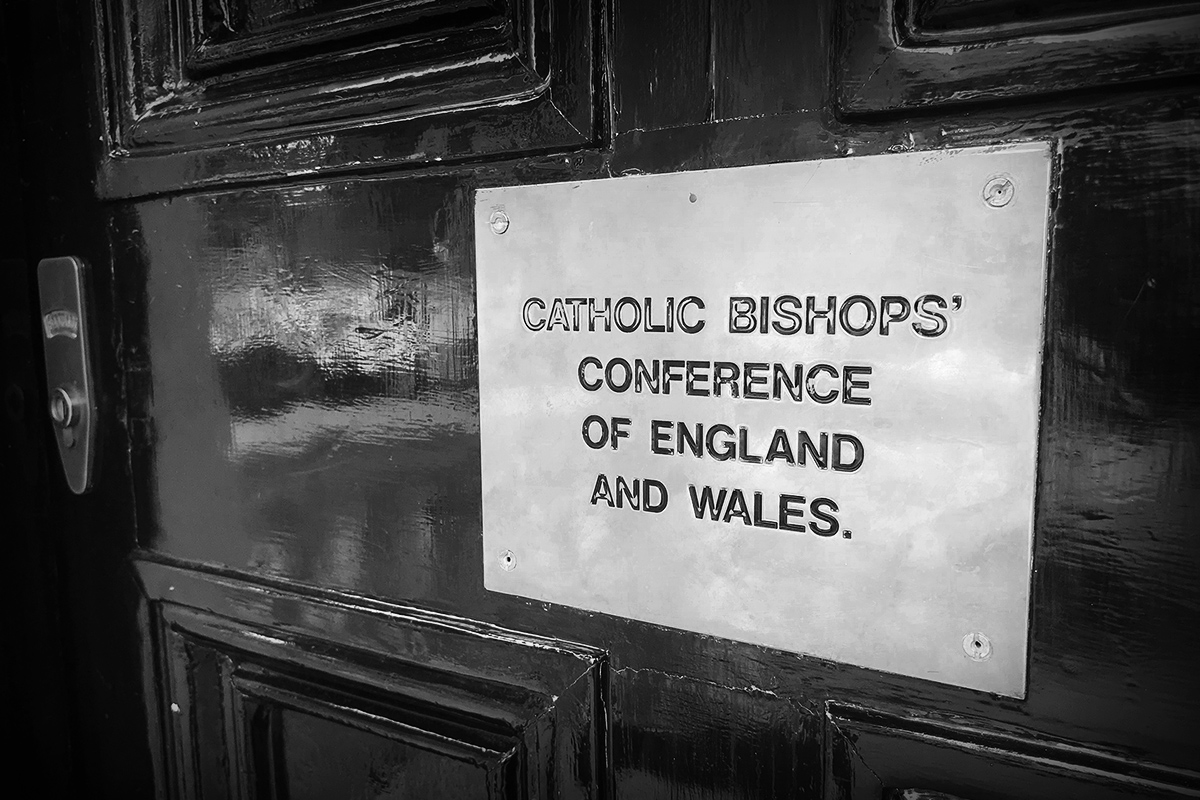
16 May 2008
Scientists, ethicists, heads of medical charities and religious leaders met tonight (16 May) at the Wellcome Collection in London to discuss the Human Embryology and Fertilisation Bill currently before parliament.
Archbishop Peter Smith and Professor Colin Blakemore co-sponsored the meeting. BBC Radio 4 will broadcast an edited version of the conversation on Saturday 17 May at 10.15pm. The full conversation will also be available for viewing on: www.wellcome.ac.uk following the broadcast.
The focus of the conversation was the ethics and science surrounding the use of human embryos in research and the creation of embryos that contain both human and animal material. Some of the questions discussed included:
The conversation sought to move beyond sound bites and to encourage the exchange of opinions and information in a framework of mutual respect. Both sponsors were keen that the conversation was not a stylised debate about science versus religion but rather a chance to discuss both the science and the ethics: Scientists, both those in favour of the HFE Bill and those who pursue stem cell research without using embryos, explained what they planned to do and what it might achieve. Experts in bioethics with a range of views on the moral status of the embryo then presented their arguments for and against the proposal in the Bill. These brief formal presentations were followed by all discussing the pros and cons of these plans in a wide-ranging discussion.
While there was no expectation that this initial conversation would lead to total agreement between all the participants, especially about the moral status of the human embryo, the sponsors said it had helped remove misunderstanding, offered new perspectives, and was of considerable help in seeking to clarify and address the central scientific and ethical questions underlying this debate.
Archbishop Peter Smith said: “This was a very useful exchange and provides a model for a national bio-ethics committee. While we all seek to relieve suffering and pain, the science and ethics of what we are now capable of is both challenging and complex. While there may not be complete agreement on the ethical parameters, discussing the issues in this way is both useful and constructive. These issues will not go away and it is our sincere hope that we will be able to meet again to continue the dialogue on these vital issues that go to the heart of what it means to be human.”
Professor Colin Blakemore, of the University of Oxford said: “This conversation was not about scientists challenging the spiritual leadership of Clergy, it was about creating a fuller dialogue between researchers and faith leaders which could help each group to understand the intentions and aspirations of the others. A polarisation of the debate on stem cells serves no-one, especially the patients who hope to benefit from such research.”